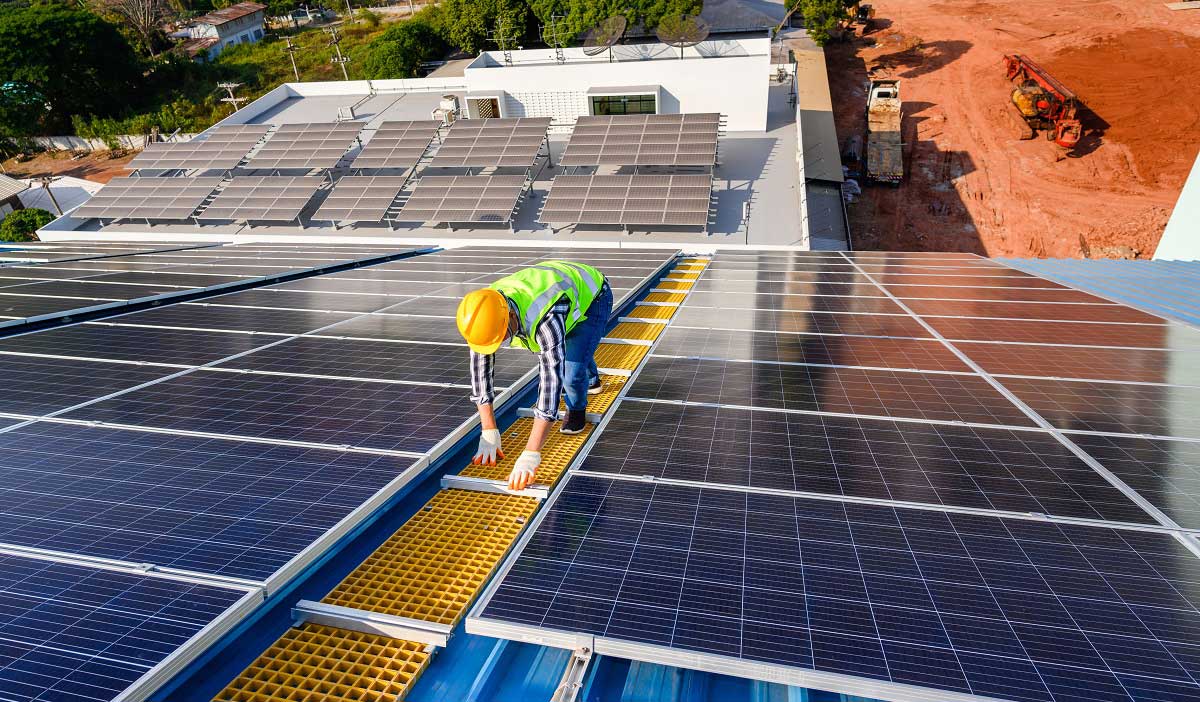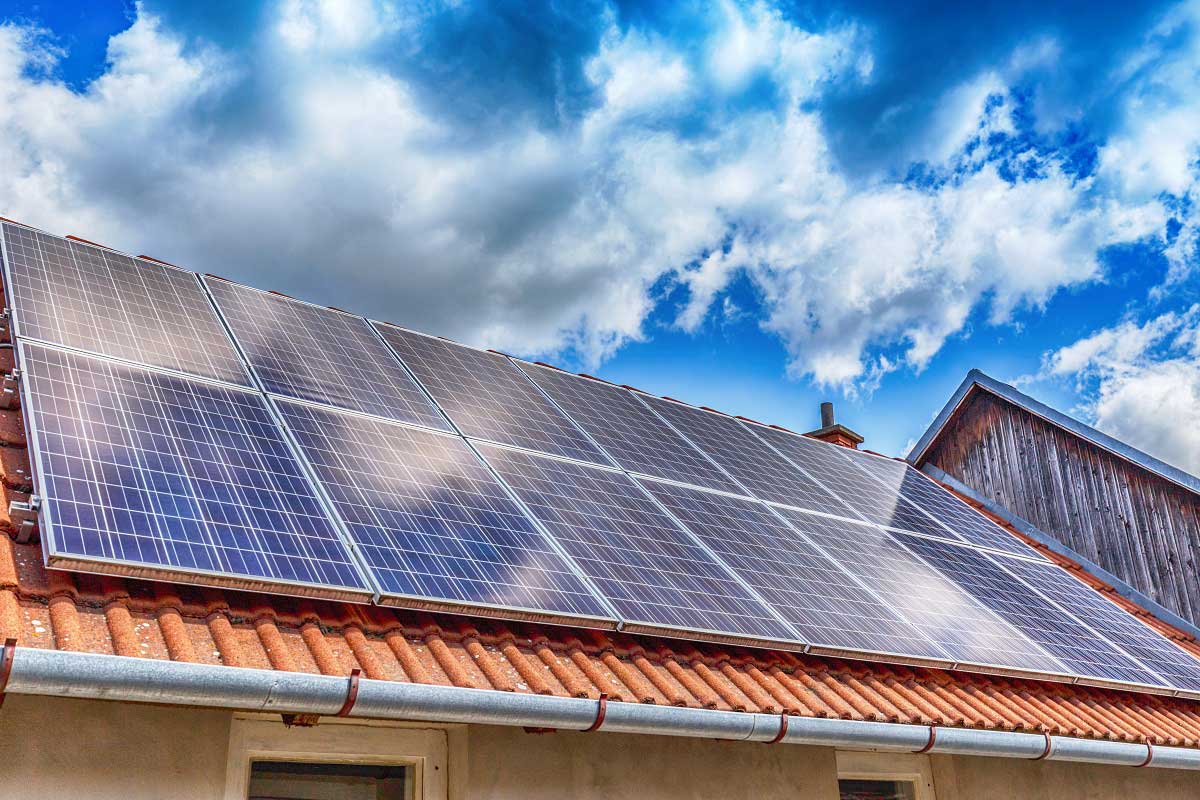When it comes to environmental responsibility, the year 2024 is ushering in more opportunities than ever. One such avenue is the potential for claiming energy tax credits through your tax return. It is crucial to understand your taxes and how to claim your energy tax credits in 2024.
This comprehensive guide will delve into the intricacies of the energy credit tax form, offering you tips for claiming your rightful energy tax credits for 202.
Understanding The Energy Credit Tax Form
First and foremost, let's comprehend the nature of the energy credit tax form. This is a tax incentive implemented by the government to encourage taxpayers to make energy-efficient improvements to their homes or businesses. The main aim is to incentivize a switch to more sustainable, eco-friendly alternatives.
The form you need to claim this credit is IRS Form 5695, titled "Residential Energy Credits". The credits can apply to a variety of upgrades, including insulation, roofing, windows, doors, heating, and cooling systems that meet certain energy-efficient standards.
Eligibility For Energy Tax Credits
Not all improvements or upgrades qualify for tax credits. It is imperative to ensure your investments meet the specific standards set by the IRS. The guidelines for eligibility are available on the Energy Star website, and it's recommended to review these before making any significant improvements or purchases.
In 2024, there are two main categories of improvements that qualify for energy tax credits:
Non-Business Energy Property Credit
This applies to homeowners who make certain energy-saving improvements to their primary residence. This can include insulation, windows, doors, heating, cooling, and water heating equipment that meet specific energy-efficient standards.
Residential Energy Efficient Property Credit
This credit is aimed at homeowners who install alternative energy equipment in their homes. This can include solar hot water heaters, solar electric equipment, wind turbines, and fuel cell property.
Tips For Claiming Energy Tax Credits In 2024
Claiming energy tax credits can seem complex, but by adhering to the following advice, you can confidently navigate the process:
-
Ensure Eligibility: As mentioned above, not all energy-efficient improvements qualify for tax credits. Always double-check the eligibility before making any improvements or purchases.
-
Retain All Receipts: When making these improvements or purchases, keep all of your receipts. These can serve as proof of your eligible expenditure.
-
Use Form 5695: All of these credits can be claimed using IRS Form 5695. You'll need to fill this out and attach it to your tax return.
-
Seek Professional Help: Tax credits can be complex. Don't hesitate to seek professional assistance if you find the process daunting. A certified tax preparer or CPA who is familiar with these credits can be invaluable.
Impact Of Energy Tax Credits
Investing in energy efficiency is not just beneficial for your tax return, but it also contributes positively to the environment. With these credits, the government aims to motivate taxpayers to switch to sustainable alternatives, thus lowering the overall energy consumption and reducing the carbon footprint.
It's a win-win situation for taxpayers and the environment alike. Therefore, understanding the process of claiming these credits can have a profound impact on your financial health and our planet.
Maximizing Your Energy Tax Credits
While understanding the basics is crucial, strategically maximizing your energy tax credits can potentially lead to greater savings. Here are some additional tips to enhance your tax credits:
Plan Your Improvements
Tax credits are not just for immediate changes. If you plan on making significant improvements to your property over a few years, it's worth coordinating these efforts with tax credit opportunities. Certain improvements may be eligible for tax credits in future tax years, so plan accordingly.
Make Use Of The Extended Tax Credit Period
Some energy tax credits have been extended through 2024 and beyond. If you're eligible for these credits but can't afford to make all the improvements this year, it's still worth considering these opportunities for the following tax years.
Review State And Local Credits
In addition to federal tax credits, many states and local governments offer incentives for energy-efficient improvements. Always check your state and local government websites for additional opportunities.
The Future Of Energy Tax Credits
Given the global emphasis on sustainable and renewable energy, it's safe to predict that energy tax credits will continue to play a crucial role in the coming years. Government policies are increasingly shifting towards greener initiatives, and the use of tax credits is one way of ensuring this transition.
Energy tax credits not only reduce your tax bill but also contribute to the reduction of the nation's carbon footprint. This shift towards greener and more sustainable energy resources will have long-lasting impacts on the environment and the economy.
Maximizing Your Energy Tax Credits
While the process of applying for and maximizing your energy tax credits may seem daunting, the financial and environmental rewards are considerable. From a financial perspective, these credits can significantly offset the costs of transitioning to more energy-efficient technologies. Environmentally, they support the shift towards a more sustainable future. By understanding the eligibility criteria, utilizing strategic planning, and seeking professional advice, you can ensure you're maximizing your benefits while contributing to a greener future. The Energy Credit Tax Form is not merely a financial tool; it's an opportunity to participate in and contribute to our sustainable future.
It’s important to understand your taxes and benefits to navigate this complex terrain effectively. Visit Gov Relations and check out our resources and guides to learn more about whether your Pell Grant is taxable.







